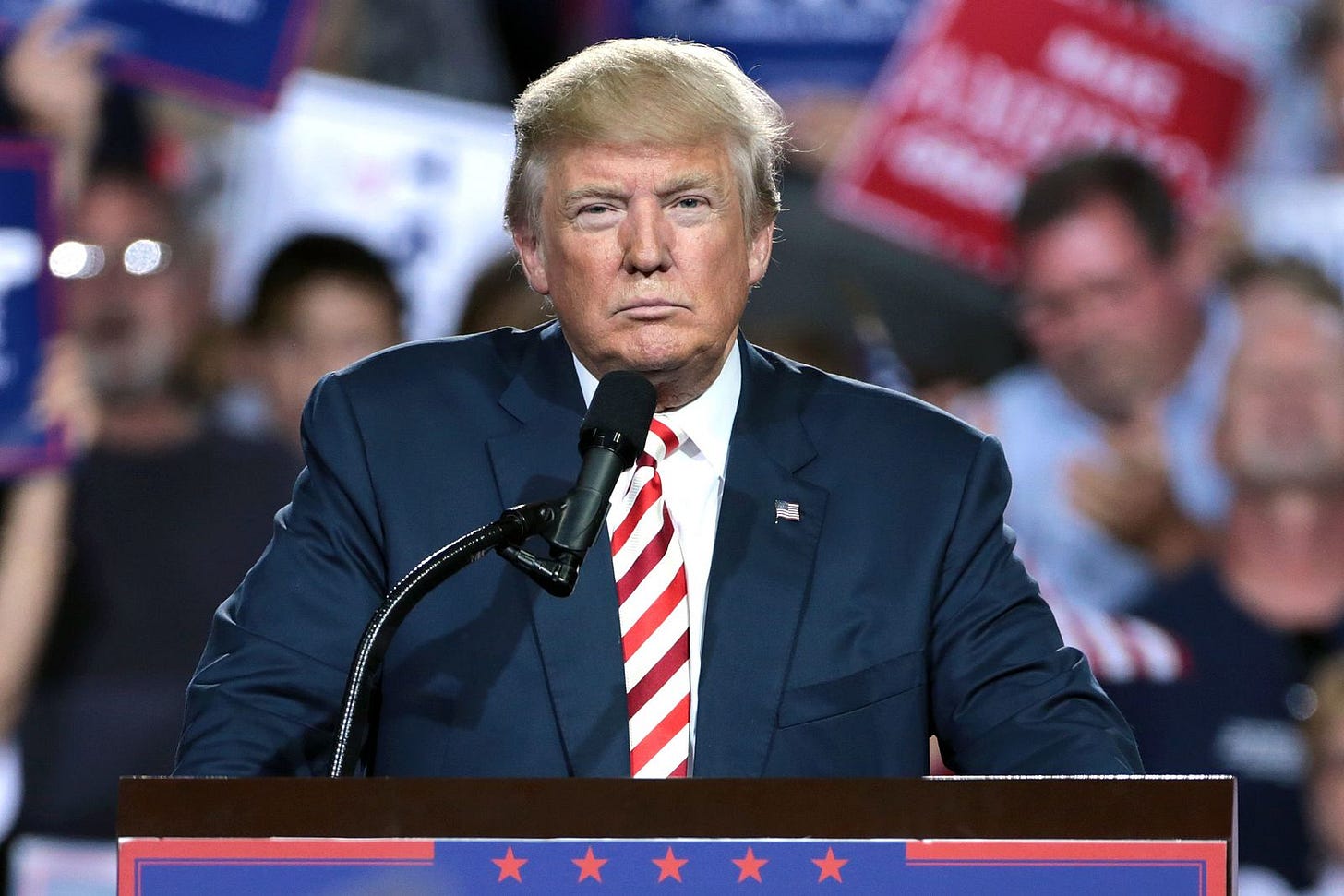
By Cobus van Staden
Amid the upheavals of Donald Trump’s first weeks back as U.S. president, a key point of overlap between his shredding of the Atlantic partnership and his ending of U.S. foreign assistance to the developing world has been largely ignored: the impact of these choices’ impact on U.S. information-gathering.
Both American aid and its defense assistance to old allies like Europe tend to be framed in MAGAville as something the United States simply gives away. But, of course, it’s not that simple. These expenditures weren’t gifts, they were purchases. What the U.S. got in return was not just attention and norm-setting, but also knowledge.
The defense cooperation with traditional allies set up a dense network of information-sharing, both at the classified and broader levels. It’s too early to declare this ecosystem dead, but sharing hot tips with a U.S. that is negotiating with Russia over their heads must be sliding way down Europe’s list of priorities, and the same may be true of other less-singed allies too.
In a similar vein, one needn’t downplay USAID’s major achievements in health and civil society to acknowledge that it was part of a wider ecosystem transmitting tips, horizon-scanning, and risk analysis back to Washington about parts of the Global South that would otherwise be difficult to track. That was the flipside of all the civil society support now so derided by the likes of Elon Musk, and an important reminder that U.S. soft power infrastructure was about power, not popularity.
That information ecosystem is gone now, and a significant chunk of the State Department’s institutional knowledge about these same regions may soon go with it.
Whether that will ultimately be good or bad for the Global South is the question of our time.
China’s centrality to the Global South is growing as the U.S. information-gathering networks in the Global South are being dismantled… It is revealing that the United States’ response to these changes is simply to know less about them.
On the U.S. side, the answer may be a bit clearer. The crumbling of information-gathering is being compounded by the significant stress hitting U.S. universities, leading to the closing of departments and the exit of grad students. This is true for politically targeted fields like Asian languages, but also for hallowed STEM champions like chemistry.
In addition, the Trump administration’s targeting of key non-partisan advising agencies that provided insights on far-flung conflicts to both Washington and the world is yet another log on this bonfire.
The effect, which will snowball over time, is that the U.S. will become less informed, and the world Americans inhabit will become larger and more baffling. This is especially true for U.S. knowledge about the Global South—all those languages and cultures and bad internet connections. In the developing world, even the corporate risk analysis firms that (for a fee) feed U.S. companies insights on Europe and the ritzier parts of East Asia get thin on the ground.
This choice to shrink the U.S.’s view of the world comes as a key external reality gets bigger and bigger. China’s influence in the Global South through decades of stolid diplomatic engagement and supercharged trade is already unprecedented and will likely keep growing. In the process, U.S. options may lessen.
A recent Reuters article provided a glimpse of this dynamic in South America. There is a reason Trump’s tariff threats have specifically worked on Colombia and Mexico: they are among the minority countries in the region still dependent on trade with the U.S. For others, exports to the U.S. have been flat for years, while their exports to China keep climbing rapidly. Any additional tariffs would only strengthen this trend.
More U.S. tariffs on China will further strengthen its trade with commodities exporters like Brazil. At the same time, Trumpian threats of tariffs on Brazil will only push it closer to China and further depress Brazil-U.S. trade. In other words, the Mexico playbook may only work on Mexico.
The effect has been that even a sycophantic Trump ally like Argentina’s Javier Milei has been forced to tamp down the anti-China rhetoric to keep selling Beijing soybeans and beef. The U.S. has little interest in replacing China as a market because they produce even more soybeans and beef than Argentina. Milei’s chainsaw-waving won’t change that.
China’s centrality to the Global South is growing as the U.S. information-gathering networks in the Global South are being dismantled. In addition, China is shaping Global South tech, norms, and discourse in hundreds of fields simultaneously, from development to plastics standards to space travel. We at the China-Global South Project track these developments on a daily basis, and I can tell you: keeping up is a challenge.
It is revealing that the United States’ response to these changes is simply to know less about them.
Cobus van Staden is the Managing Editor of The China-Global South Project based in Cape Town, South Africa





I studied Chinese in the 1980’s when there was zero financial support for foreign language study from the US government. After retirement from a career in the business world in Asia, I worked for a DC-based non-profit that received State and Defense Dept. funding for all kinds of national-security related foreign language study. I was thrilled to see it. Dismaying to see it all disappear even as, as you say, the increasing complexity of the world demands more not fewer students with knowledge of foreign languages and culture. Thanks for highlighting this calamity.
Clear description of an ongoing catastrophe. Appreciated.